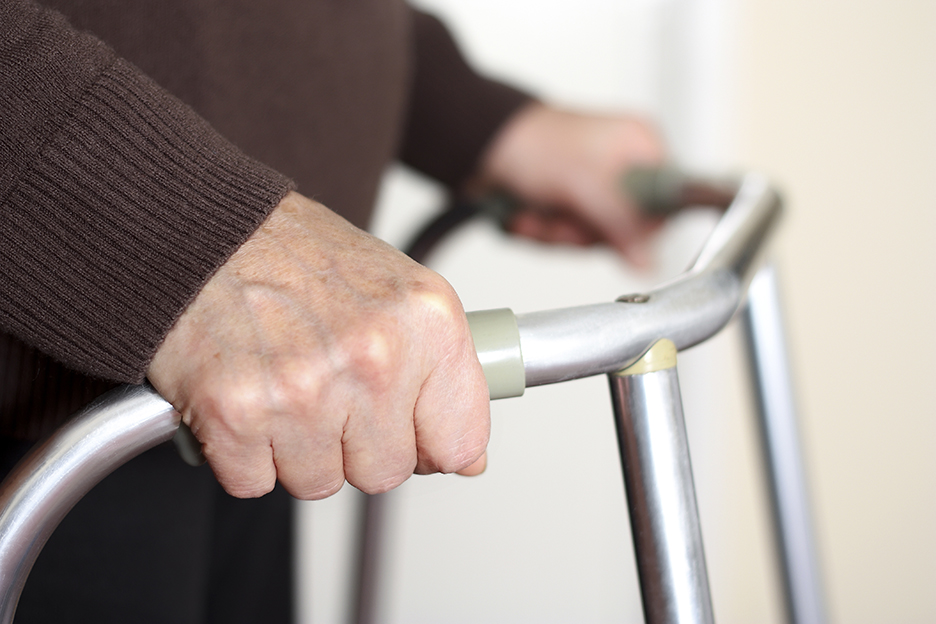One of the things we tend to worry about as we get older is accidental falls. It is quite understandable to fear falling when we know the impact it can have on one’s health. But did you know that adopting a few prevention measures can make a world of difference?

Who is at risk of falling
Accidental falls are a serious health concern in the elderly population. According to estimates, each year, about 30% of people over the age of 65 fall accidentally, which can have harmful consequences on their health and their autonomy. Falls cause injuries, such as fractures, and are one of the main reasons for hospitalisation and facility placement in the elderly. However, half of all falls that occur in the home can be avoided.
Individuals over the age of 65 are most at risk of falling accidentally. The following factors also contribute to increasing the chances of a fall:
- taking several medications;
- vision problems;
- hearing problems;
- balance problems;
- low muscle strength;
- inadequate home environment;
- malnutrition;
- intake of alcohol.
Adapting the home
There are several effective ways to prevent falls, starting with making adequate and safe changes in your home. To do so, you can seek the help of a professional who will review your home environment and recommend adjustments to decrease the risk of an accidental fall. For example:
- installing bars in the bath or shower;
- placing a non-slip mat in the bath or shower;
- adding a staircase handrail;
- improving indoor and outdoor lighting;
- eliminating obstacles such as wires and cords, rugs, small furniture, boxes and vacuum cleaner in high-traffic areas;
- keeping outdoor stairs and sidewalks clean, especially in winter.
Other precautionary measures
In addition to making improvements in your home, you can follow certain measures to hep reduce the risk of a fall. These should be considered depending on your condition:
- Exercise regularly. Practicing physical activities, including strengthening or balance exercises, will lower your chances of accidentally falling. Physical activity also improves posture, agility and muscle tone.
- Wear non-skid soles to avoid falling outside in the winter.
- Consult an optometrist every year and have your vision corrected if it is poor.
- Ask your pharmacist to review your medication. Some medications are associated with higher risks of falling.
- Ask your doctor or pharmacist whether calcium and vitamin D supplements would be beneficial to you.
You can start preventing accidental falls by encouraging the senior citizens you know to discuss the risk of falling with their doctors, pharmacists or other health professionals. Acting quickly to lower risk factors will allow you to avoid a worst-case scenario.
The consequences of falling are multiple (stress, pain, fracture, etc.), but you can prevent these problems by making your environment safer. Ask your pharmacist to recommend some measures you could take. Think of your health and safety first!
